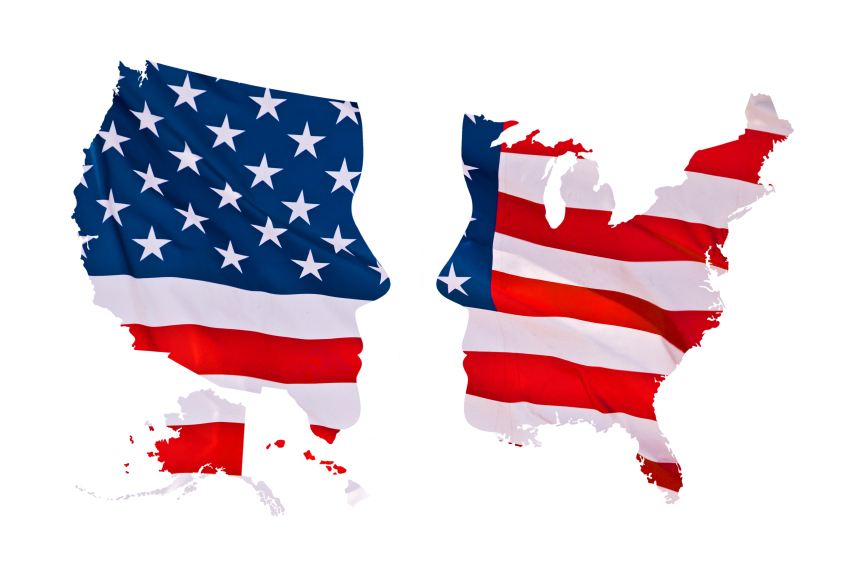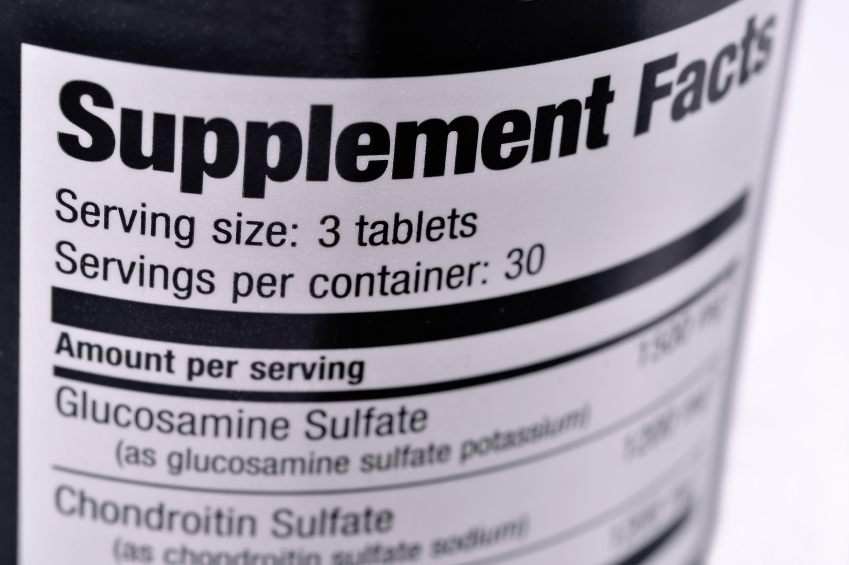In this year of unspeakable campaigning-for-POTUS tumult, there’s been lots of conversation around spin. Who has it. Who uses it well (and who doesn’t). Why they say what they say – and the gurus behind it. And, yes, if the public knows it’s being manipulated.
 Get real.
Get real.
First, know that spin – the deliberate crafting of words and images for political effect – has been around since the early Greek orators honed their rhetoric to arouse and persuade. Since Kings and Queens took forever to decide on a particular portrait or silhouette. And since Teddy Roosevelt’s primitive press conferences or séances, when he’d ask six or 12 reporters to join him over a shave and food.
Second, John and Jane Q. Public have a good sense of the inauthentic and the dishonest, the promotions and the scripted laugh lines. Behind unreadable exteriors (despite what pollsters say), Americans have a terrific capacity to resist spin, seeking and trusting the agreeable in very logical reasoning.
And sad but true: We’ve become immune to spin, since it surrounds us daily. Via advertising in all media. Through content marketing that pretends to be impartial and not devoted to specific brands and companies. Even inside companies, when executives run town halls and informal chats, the words don’t always resonate.
Do we need a 21st century Diogenes?


